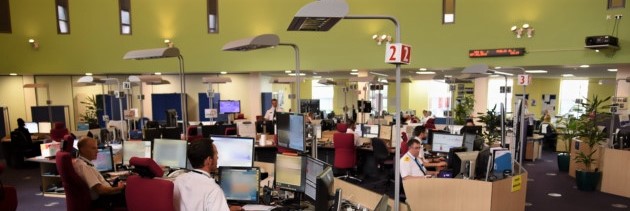- Screen Colours:
- Normal
- Black & Yellow

A new way to contact your police...
Suffolk Constabulary has introduced a new telephone number for people who want to talk to the police about non-urgent issues.
Instead of ringing the current switchboard number of 01473 613500, people should dial 101
The introduction of 101 in Suffolk is part of a nationwide initiative whichwill see all forces adopting the number by the end of the year. It is designed to offer one easy way to contact your local police force toreport non-emergency crimes, disorder or anti-social behaviour or to speakto your local police officers. Assistant Chief Constable Paul Marshall said: "Everyone knows to ring 999 inan emergency - but research shows that only half of the public know how to contact their local police if they want to talk to them about less urgent issues."
The introduction of an easy-to-remember, three-digit number should help address this. By the end of the year, people will be able to use 101 to contact their local police force's non-emergency service, wherever they are in England and Wales. It is also hoped that the introduction of 101 will help divert more non-urgent calls away from the 999 system, freeing up call handlers to deal with genuine emergencies. The new number should be used to report issues which don't require an emergency response.
For example, people should ring 101 if:
- their vehicle has been stolen
- their property has been damaged
- they suspect drug use or dealing
- if they want to give the police information about crime in their area
- or if they would like to speak to a local police officer.
101 will be available 24 hours a day, 7 days a week. When calling 101, the system determines the caller's location and connects them to the police force covering that area. A recorded message announces which police force the caller is being connected to - and gives them a choice if they are on a boundary between two or more forces. Police call handlers in the local force contact centre will then answer the call and respond appropriately.
There is also an option of speaking to an operator, if the caller wishes to contact another force. Calls from landlines and mobile networks cost 15 pence per call, no matter what time of day or the duration of the call. People who are deaf, hard of hearing or speech impaired can textphone 18001101. The new 101 service is not for emergencies. In an emergency, people should always ring 999 for immediate police assistance.
An emergency is where:
- life is in danger
- a serious offence is in progress
- a suspect is at a scene
- an alleged offender is identified at any location
- there is an imminent likelihood of violence/damage to a person's property
- there is a serious road traffic collision